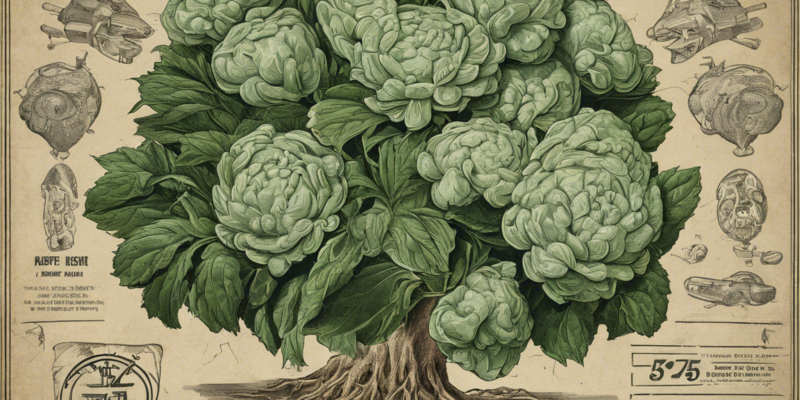The emergence of novel coronavirus strains has brought about new challenges in our ongoing battle against the global pandemic. One such strain that has garnered significant attention is the Rs54 strain. Understanding the implications of this variant is crucial in our efforts to mitigate its spread and impact on public health. In this comprehensive guide, we will delve into the details surrounding the Rs54 strain and provide insights on what you need to know about this mysterious variant.
The Origin of the Rs54 Strain
The Rs54 strain was first identified in a cluster of cases in a remote village in Southeast Asia. Researchers noted a sudden increase in COVID-19 cases with a higher rate of transmission and more severe symptoms among those infected with the Rs54 strain. Further genomic sequencing revealed distinct mutations in the spike protein of the virus, prompting concerns about its potential impact on public health.
Key Characteristics of the Rs54 Strain
- Increased Transmissibility: Early data suggests that the Rs54 strain is more transmissible than the original strain of the virus, leading to a rapid spread within communities.
- Severity of Symptoms: Individuals infected with the Rs54 strain may experience more severe symptoms, including respiratory distress and organ failure, compared to other variants.
- Vaccine Resistance: There are concerns that the Rs54 strain may exhibit partial resistance to existing vaccines, requiring further study and potential adjustments to vaccination strategies.
- Global Spread: The Rs54 strain has been detected in multiple countries across different continents, raising alarms about its potential to become a dominant variant worldwide.
Mitigation Strategies for the Rs54 Strain
Given the unique characteristics of the Rs54 strain, it is imperative to implement targeted strategies to curb its spread and protect vulnerable populations. Some key measures include:
– Enhanced Surveillance: Increased monitoring and genomic sequencing of COVID-19 cases to detect the presence of the Rs54 strain and track its prevalence.
– Public Health Awareness: Educating the public about the risks associated with the Rs54 strain and promoting adherence to safety measures such as mask-wearing, social distancing, and hand hygiene.
– Vaccination Campaigns: Accelerating vaccination efforts to achieve high population immunity against all variants of the virus, including the Rs54 strain.
– Research and Development: Investing in research to understand the biology of the Rs54 strain and develop targeted therapeutics to combat its effects.
Frequently Asked Questions (FAQs) about the Rs54 Strain
-
What makes the Rs54 strain different from other variants of the coronavirus?
The Rs54 strain contains specific mutations in the spike protein of the virus, which may impact its transmissibility, severity of symptoms, and response to vaccines. -
Is the Rs54 strain more dangerous than other variants of the virus?
While research is ongoing, preliminary data suggests that the Rs54 strain may lead to more severe outcomes in infected individuals. -
Are current COVID-19 vaccines effective against the Rs54 strain?
There are concerns about the effectiveness of existing vaccines against the Rs54 strain, prompting the need for further studies and potential modifications to vaccine formulations. -
How can individuals protect themselves from the Rs54 strain?
Practicing good hygiene, wearing masks, maintaining physical distance, and getting vaccinated are key measures to protect against all variants of the coronavirus, including the Rs54 strain. -
Is the Rs54 strain responsible for the recent surge in COVID-19 cases in certain regions?
While the Rs54 strain has been implicated in some clusters of cases, multiple factors contribute to the spread of the virus, including human behavior, public health measures, and vaccine coverage.
Conclusion
In conclusion, the Rs54 strain represents a significant challenge in our ongoing battle against the COVID-19 pandemic. By staying informed about the characteristics of this variant and implementing targeted mitigation strategies, we can work towards containing its spread and protecting public health. Collaboration between researchers, public health authorities, and the community is vital in our collective efforts to overcome the challenges posed by the Rs54 strain and other emerging variants of the coronavirus.

